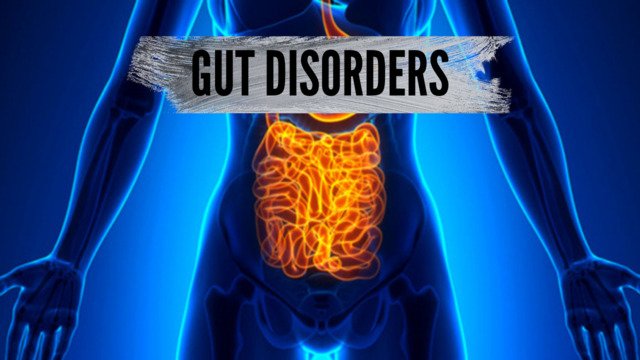Gastrointestinal Disorders: Everything About Your Gut And Digestive System!
Let’s go through the deatils of whar does GUT mean, what are Gastrointestinal Disorders, its diet and much more.

What is the Gut?
The Gut is the largest organ in your body and Gastrointestinal Disorders or gut diseases can cause major issues in the human body. The gut is the “garbage disposal system” of your body where food is broken down and nutrients are absorbed. The word “gut” comes from the Old English word “greut” which means rough. Hence, the name “grease gut” meaning “rough, rocky, rocky surface”. It is called the “lungs of the body” because it acts as a vast storage system, storing water and nutrients to be used when they are needed.
The digestive system in the human body plays a key role as it influences the rest of the body, our immune system, brain function, heart rate, stress, sleep, weight, fertility, and digestion.
How to maintain good Digestive System ?
Gastrointestinal Disorders like digestion issues are caused by the environment you live in. If your lifestyle is full of toxic chemicals, preservatives, genetically modified food, and artificial additives, your digestion won’t be smooth. And maintaining a good digestive system and a healthy gut is very important.
Allergies also indicate that your body is unable to digest a certain kind of food due to the presence of toxins in the air, on food items, and on water that is recycled by the gastrointestinal tract. Also, toxic foods, medicines, and perfumes are known to aggravate a bad gut. Foods and ingredients that make the digestive system function properly include:
- Fruits
- Vegetables
- Whole grains
- Beans
- Seeds
- Nuts
- Eggs
Read More: Treatment for Gestational Diabetes, Symptoms, Causes and More
Now let’s get to know “What are Gastrointestinal Disorders?”
What are Gastrointestinal Disorders?
Though we take for granted the existence of a healthy digestive system, when an unhealthy gut develops, it can start causing several physical and mental Gastrointestinal Disorders. One of the main Gastrointestinal Disorders is stomach diseases like gastritis and ulcerative colitis that are easily overlooked in well-adjusted people.
Often the culprit of a bad stomach is a bad diet, and people who tend to be overweight may be more likely to develop Gastrointestinal Disorders such as stomach conditions. You may also find that a person may experience heartburn and indigestion if they eat foods that are high in fats or sugars.
What are some Gut Diseases?
Basically, these are diseases that affect the digestive tract and can include:
- Ulcers or lesions
- Irritable bowel syndrome (IBS)
- Crohn’s disease
- Irritable bowel syndrome with and without diarrhea (IBS-D)
- Celiac disease
Celiac Disease
Celiac disease is a chronic autoimmune disorder in which the body reacts against the gluten in wheat, rye, and barley, causing a variety of symptoms from abdominal pain to anemia and infertility. Celiac disease is estimated to affect between 1.4 and 3 million people in the U.S. is a chronic autoimmune disorder in which the body reacts against the gluten in wheat, rye, and barley, causing a variety of symptoms from abdominal pain to anemia and infertility. Celiac disease is estimated to affect between 1.4 and 3 million people in the U.S.
Crohn’s disease
Crohn’s disease is an inflammatory bowel disease in which a person may experience heartburn and indigestion if they eat foods that are high in fats or sugars. It affects the digestive tract of the human body
How to prevent Gut diseases or Gastrointestinal disorders
Eat more fiber and live a healthy life, make it a point to be good to yourself at least for two weeks and see the difference. Eat foods that are healthy and unprocessed that your body can digest and absorb easily. Remember, what goes in your body should leave your body in the form of healthy urine.
It’s the basic rule of the practice of natural and organic medicine. Don’t drink Coca-Cola. It is a carcinogenic ingredient and it harms the organs and liver that makes it even harder for your liver to function. Drink plain water, coconut water, and watercress. Drink hot water to help the liver detoxify. You can also eat hot pears, peach, and apricot. Can anyone eat these foods? No! Caffeine is highly addictive. If you are prone to heart disease or hypertension, then avoid these ingredients.
Conclusion
Acid reflux, leaky gut syndrome, and other gastrointestinal disorders can be difficult to manage, and if not monitored can lead to worsening symptoms. A doctor will be able to diagnose your acid reflux, leaky gut, or any other digestive condition. Although your digestive system and your body are not something to take for granted, it’s incredibly important to take control of your health so you can feel your best, for a lifetime.



